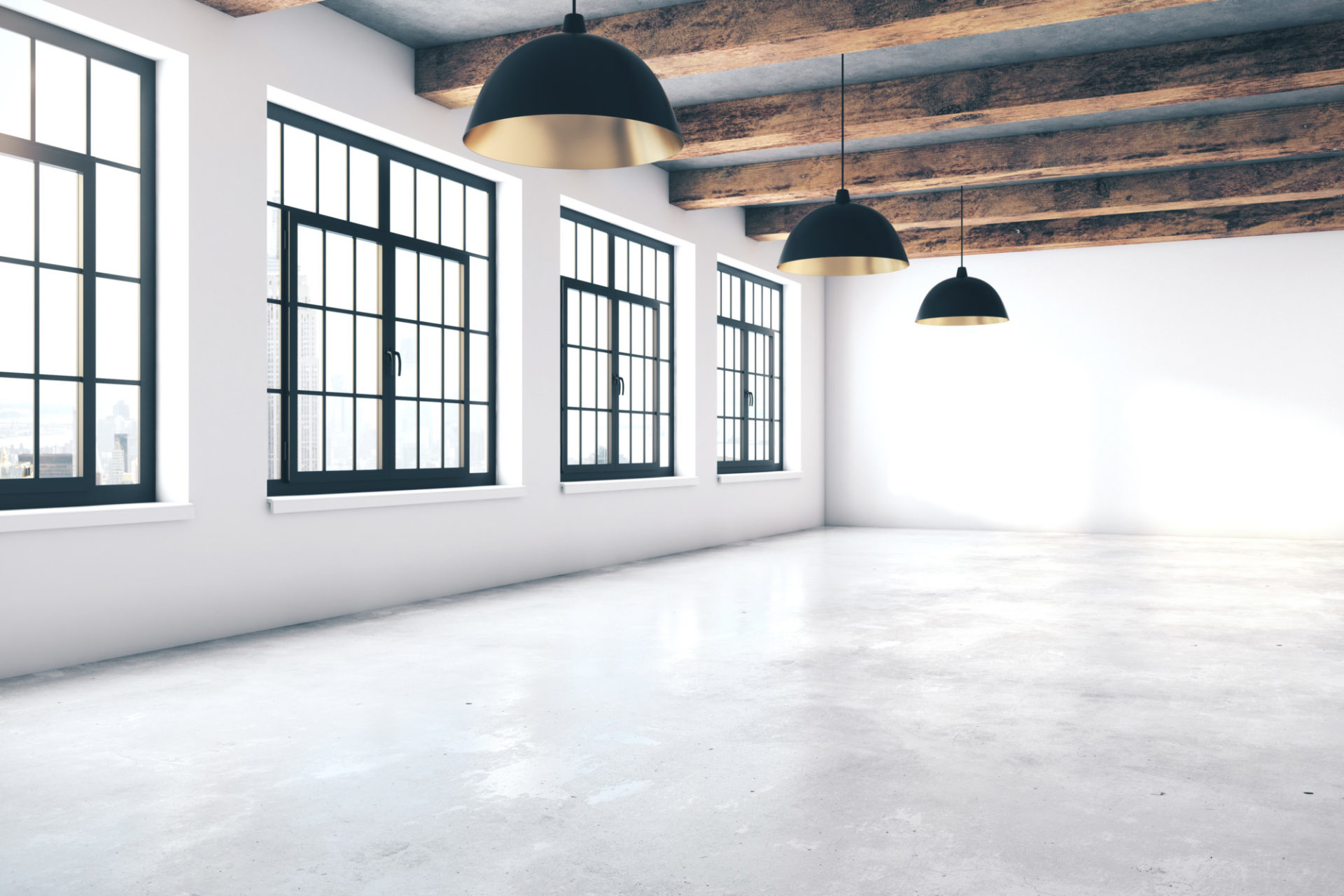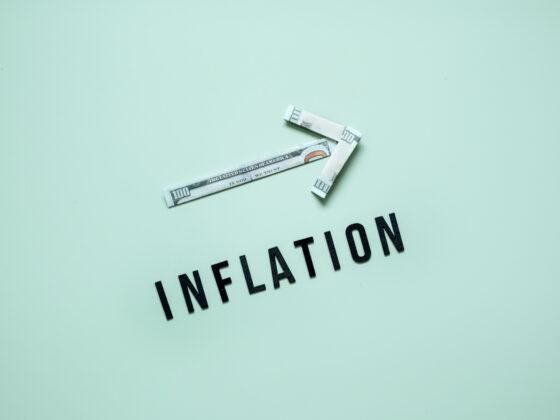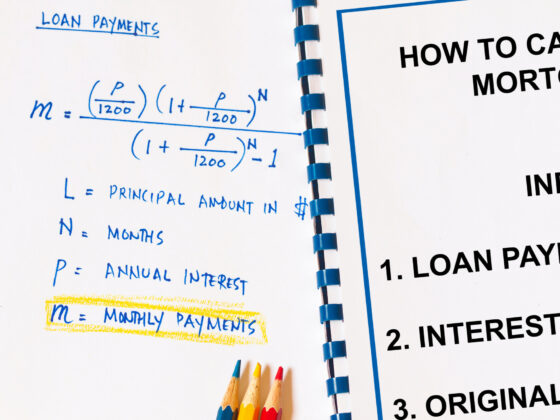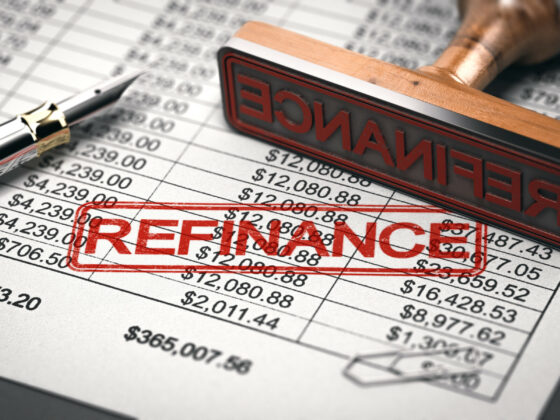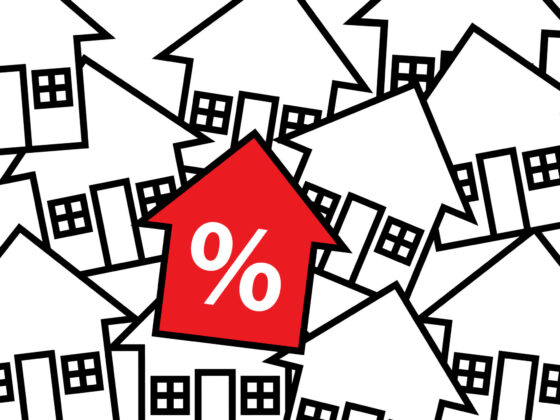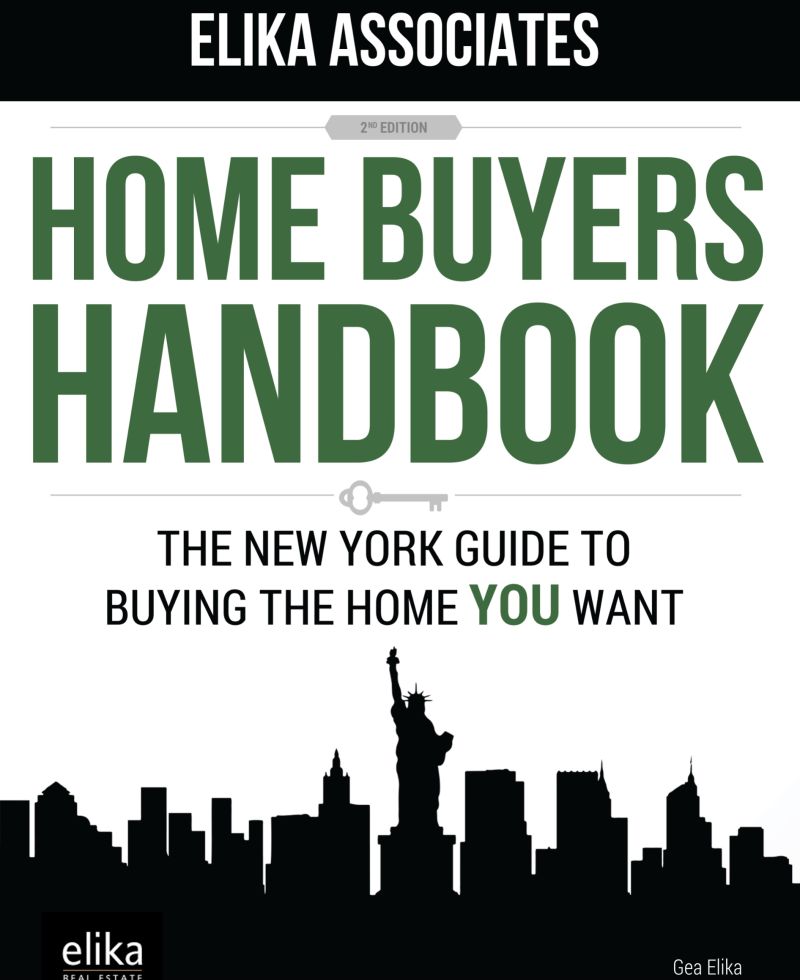Table of Contents Show
If ady own a home, you can sell it and use the proceeds to fund the down payment and closing costs. You can arrange to have both the sale and purchase closed on the same day. Alternatively, you may not wish to wait until your house sells to buy a new one. One option is to obtain a bridge loan or a short-term loan to fill the financing gap.
How a Bridge Loan worksHow a Bridge Loan works
You have found the perfect home. However, you have not sold your existing property yet, which likely presents a funding problem. Hence, a bridge loan comes into play. You can use this option to obtain cash that you can utilize to pay the down payment and closing costs on your new home before selling your existing property. You are “bridging” the gap between buying a new property and selling your old one.
In essence, the lender uses the equity in your existing home as collateral, even though you have not sold it yet. So, for instance, if your home is worth $800,000 and you have an existing $350,000 mortgage, you may borrow $200,000 to cover your financing on the new property. There is an additional wrinkle, though. Typically, your borrowing is limited to 80% of the value of both homes.
Bridge loans are designed for a short period, generally only a few months.
AdvantagesAdvantages
You could drop the mortgage contingency clause from your offer if approved for a bridge loan. Although we advise proceeding with caution, this can make it stronger, including retaining the contingency if the lender rejects your mortgage due to factors related to the building.
You do not risk losing out on a great home since you do not have to wait until your existing property sells to purchase a new one. However, we caution that you should utilize a bridge loan only when you are confident your home will sell quickly.
DisadvantagesDisadvantages
You are basing the decision on the premise that the housing market remains strong. This can change quickly, however. For example, bridge loans were accessible in the years leading up to the 2007-2008 housing crash. Should the situation change rapidly, you are in a difficult position since you pay a higher loan balance on two homes.
You will also likely pay a higher interest rate on a bridge loan than a conventional mortgage.
What else do you need to know?What else do you need to know?
Since the loans are riskier, banks require the borrower to have excellent credit. This includes a low debt-to-income ratio and a high credit score. Lenders will also want to see that you have a lot of equity in your existing home.
Your risk is mitigated somewhat if you have a lot of equity in your home and purchase a less expensive place. Also, a bridge loan can work in your favor if you have strong financials, such as a high income and little debt. Still, it is essential to understand the risks before entering into a bridge loan, and if you are not comfortable, you should not do it.
